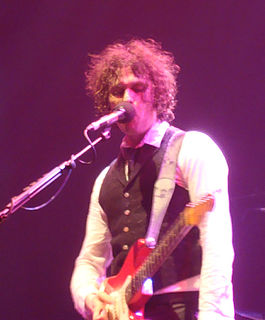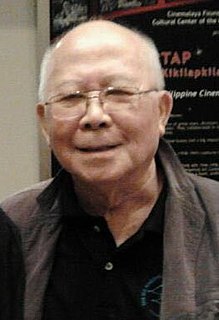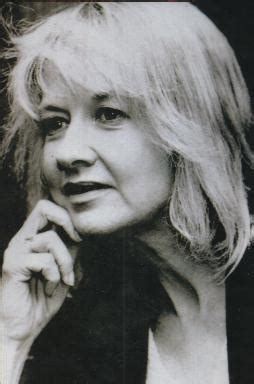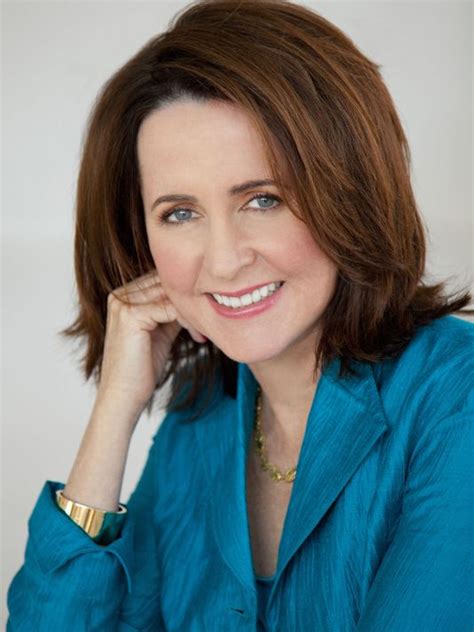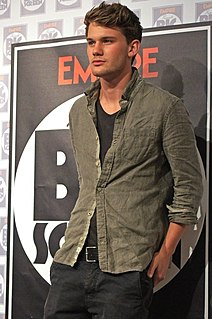A Quote by David Lloyd
I do like to work on a Marvel method, so if I've got the opportunity, and the writer is happy to do it, I like to have a writer detail what happens on a page, but not saying what happens in every scene.
Related Quotes
When I'm editing my work, I'm looking for everything to fit, to feel seamless, for every detail or line of dialogue or scene to feel necessary and organic. I approach the writing of others in much the same way while always working to preserve the writer's voice. To allow myself to be vulnerable on the page, I tell myself no one is going to read my work. There's no way I could put myself out there otherwise.
The acting background helped a lot when I started writing. I was training for it. In acting class they teach you about the stakes in a scene (and) what motivates characters. When you bring a scene to class - as an actor with your scene partner - you have to do everything. There's no producer, set decorator or anything like that. You and you partner have to do everything and that's kind of like facing the blank page as a writer.
A writer, or any man, must believe that whatever happens to him is an instrument; everything has been given for an end. This is even stronger in the case of the artist. Everything that happens, including humiliations, embarrassments, misfortunes, all has been given like clay, like material for one's art. One must accept it.
I hate the word "method acting." It's just so silly. You hear people going, "Yeah I'm a method actor." I'm like, "So what happens if you're playing a period film or something? You're in the Second World War. And what happens when your mom calls you on your phone? Do you go, 'Oh! What is this strange talking brick device?'" No. It's stupid. But you do everything you can to get in that mindset.
The fame thing is interesting because I never wanted to be famous, and I never dreamt I would be famous. You know, my fantasy of being a famous writer, and again there's a slight disconnect with reality which happens a lot with me. I imagined being a famous writer would be like being like Jane Austen.


